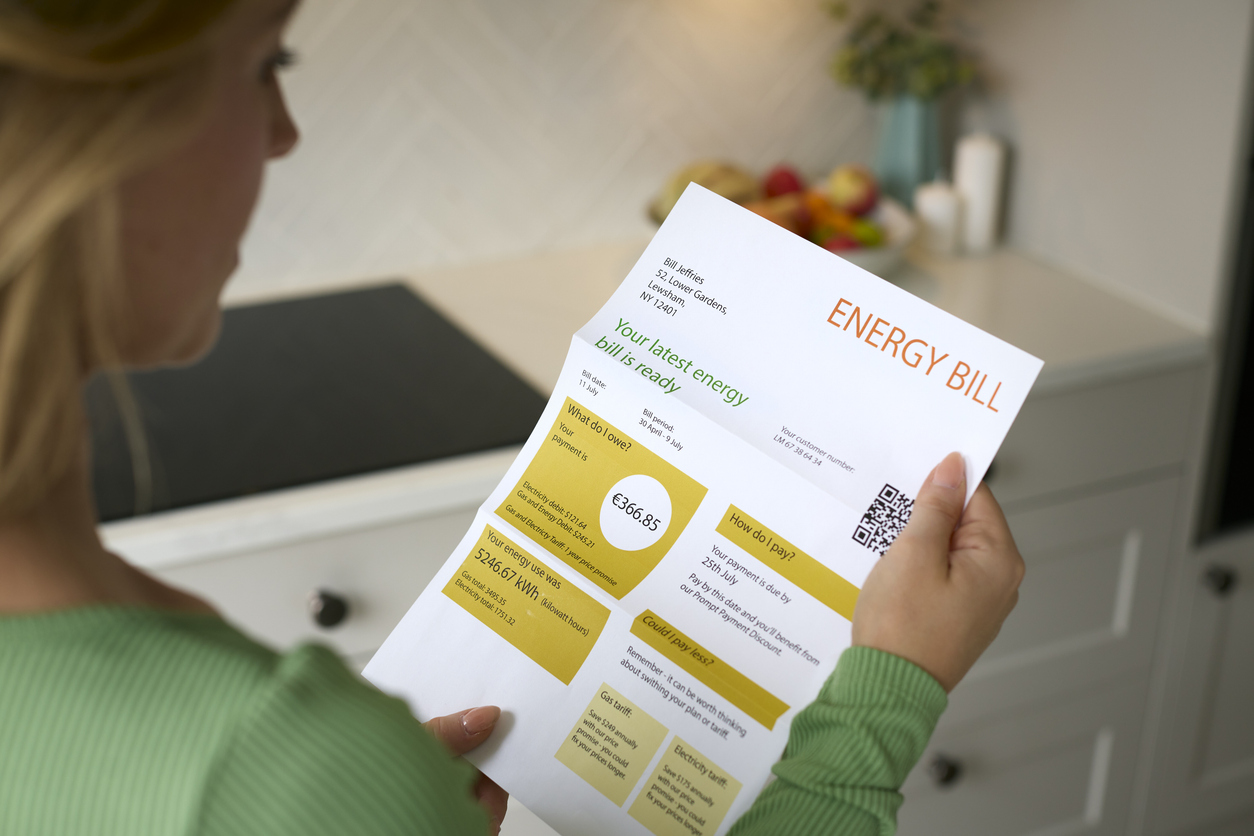Energy suppliers and consumer groups are calling on the Government to look now at bill support for customers this winter – including options such as a social tariff for next year and beyond.
Energy UK – along with Citizens Advice, Fair By Design, MoneySavingExpert and National Energy Action – are calling for the Government to publish its planned consultation on a possible social tariff and other options for customer support. As Parliament goes into recess until September, it will now be very challenging for the Government to deliver on its pledge to introduce better targeted support by April 2024.
The organisations are also warning that, despite a recent price fall, millions of customers will still face a struggle to afford their energy bills this winter (see below) which are projected to be at least £600 higher than they were at the start of last year. The accumulated effect from an extended period of high energy bills and other cost-of-living challenges means that many customers risk falling further into debt, even as prices stabilise. They are calling for any support package to be targeted, funded fairly and to work with existing measures such as the Warm Home Discount.
In addition, it is being stressed that targeted help – as opposed to the universal support provided last winter by the Energy Bill Support Scheme and the Energy Price Guarantee – will require more time to introduce and for the Government to address this issue now, rather than waiting until the autumn.
Dhara Vyas, Energy UK’s deputy chief executive said:
“Energy suppliers, consumer groups and charities are all concerned that millions of households are still going to need help to pay for the energy they will need to use this winter. The Government stepped up last year with support that was a lifeline for many customers but introducing it at very short notice necessitated a blanket approach. This would be hugely expensive to repeat. Planning targeted support for those who need it the most cannot wait until winter is nearly upon us. A more permanent, long-term solution to ensure all customers can afford their bills is also required – and if that means putting in place a social tariff by next April, then time is already running very short.”
Citizens Advice reports that the average spend on gas and electricity for the people they help with debt advice has gone up by 73% since 2019 — from £112 per month to £194 – the equivalent of 13% of their income.
Citizens Advice calculates that providing targeted energy bill support for the average debt client could help them end each month with £13.18 to spare, instead of £23.40 out of pocket – a difference of £438.96 over 12 months. For those who are struggling more, the gain from targeted support would be even higher.
Dame Clare Moriarty, chief executive of Citizens Advice, said:
“Energy affordability is a long-term problem that needs a long-term solution. A social tariff would protect millions of people from spending excessive amounts on their bills.
“High energy costs have left too many people choosing between heating and eating. Uncertainty over future high prices only adds to the stress and worry felt in households across the country.
“This policy helps make energy bills more affordable in the years ahead and supports the shift to warmer, safer homes that are ready for the net zero transition.”
National Energy Action warned last month that the removal of the Government’s previous support had left 6.6 million households in fuel poverty and earlier this year was one of 95 charities and non-profit organisations calling for the introduction of a social tariff.
Adam Scorer, chief executive of National Energy Action (NEA) said:
“Last winter was bleak but this winter is set to be even worse. Our figures show 6.6 million UK households are in fuel poverty – an increase of over 2.5 million since the energy crisis began. That’s millions more people going without hot food, warm showers and rationing their heating or turning it off altogether. A social tariff for the most vulnerable is vital to help those who cannot stay warm, safe and healthy at home.”
Maria Booker, Head of Policy at Fair By Design, said:
“Energy is an essential service that needs to be affordable to all. With energy prices predicted to remain high into the next decade, the Government urgently needs to put in place long term and targeted support so that everyone can afford to keep warm and safe.
“A social tariff would benefit those most in need and stop the poorest from paying more. We urge Government not to delay the consultation any further and lay out its plans to help the poorest households afford the energy they need.”
Katie Watts, Head of Campaigns at MoneySavingExpert, said:
“Even with the recent drop in the Energy Price Cap, the stark fact remains that people are still paying double or more what they did before the energy crisis hit in October 2021. We’ve heard from many MSE users who are desperate and trying to cut back on costs as much as they can – and yet they’re still facing unaffordable bills.
“It’s vital that the Government delivers on its commitment to come up with more targeted support for both this winter and for the future.”
Notes to editors
For Fair By Design comment and media enquiries on this press release please email [email protected]
1. Fair By Design is dedicated to reshaping essential services such as energy, credit, insurance and payments so that they don’t cost more if you’re poor – also known as the poverty premium. Fair By Design collaborates with regulators, government and industry to design out the poverty premium. Fair By Design is managed by the Barrow Cadbury Trust on behalf of a group of foundations.
2. Energy UK is the trade association for the energy industry with over 100 members – from established FTSE 100 companies right through to new, growing suppliers, generators and service providers across energy, transport, heat and technology. Our members deliver nearly 80% of the UK’s power generation and over 95% of the energy supply for 28 million UK homes as well as businesses. The sector invests £13bn annually and delivers nearly £30bn in gross value – on top of the nearly £100bn in economic activity through its supply chain and interaction with other sectors. The energy industry is key to delivering growth and plans to invest £100bn over the course of this decade in new energy sources. The energy sector supports 700,000 jobs in every corner of the country. Energy UK plays a key role in ensuring we attract and retain a diverse workforce. In addition to our Young Energy Professionals Forum, which has over 2,000 members representing over 350 organisations, we are a founding member of TIDE, an industry-wide taskforce to tackle Inclusion and Diversity across energy.
3. MoneySavingExpert.com, founded and Chaired by Martin Lewis, is dedicated to cutting consumers’ bills and fighting their corner. It is the UK’s biggest and most trusted consumer website. For 20 years, campaigning journalism has been at the heart of MSE’s mission. The site is behind many notable campaigns, including student finance reform, reducing energy bills, mortgage help, scam ads regulation and helping consumers reclaim an estimated £1bn in bank charges and £12bn in PPI payouts.
With millions subscribing to receive the weekly MSE’s Money Tips email and visiting the site monthly, MSE ranks as YouGov’s most recommended brand (all sectors) in the UK. It is also, according to Press Gazette, the UK’s largest specialist online news publication, with more traffic than many national newspaper sites. In September 2012, the site joined the MoneySupermarket.com Group PLC.
4. National Energy Action (NEA), the fuel poverty charity, campaigns so everyone can afford to live in a warm, safe and healthy home. This is something denied to millions because of poor housing, low incomes, and high bills. Working across England, Wales and Northern Ireland, the charity aims to improve the lives of people in fuel poverty. They directly support people with energy and income maximisation advice and they advocate on issues including improving the energy efficiency of homes. Partnerships and collaboration have been at the heart of NEA for over 40 years, helping to drive better health and well-being outcomes for people struggling to heat their homes.





